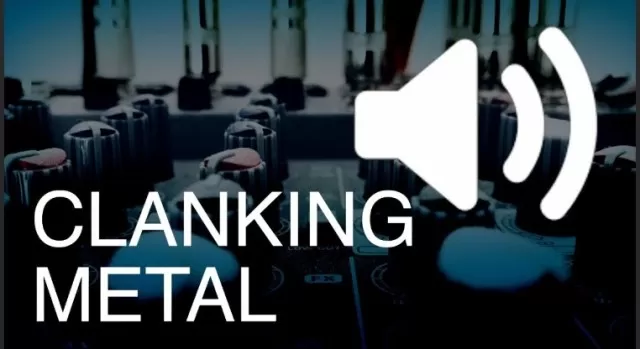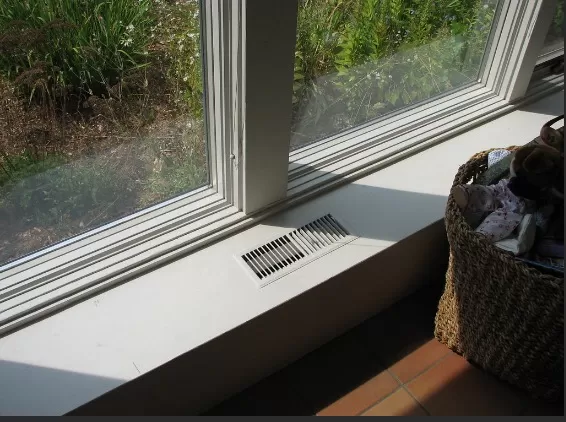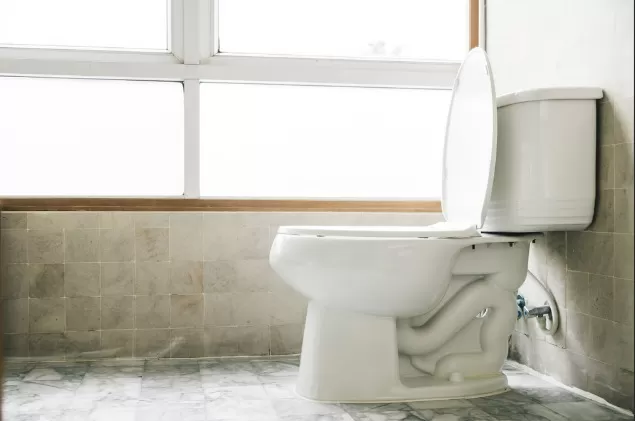Troublesome House Sounds: Creaks, Groans, and Squeaks. Remember, accurately identifying the source and severity of a noise can sometimes be challenging.
If you’re unsure about the cause or uncomfortable handling the repairs yourself, it’s best to seek professional assistance. Regular maintenance and timely repairs can help prevent minor issues from escalating into more significant problems, ensuring a safe and functional environment.
Exploring the Source of the Clanking Noise When Activating the Heating System and Suggesting Prompt Action

Upon activating the heating system, homeowners often notice a distinct clanking sound that emanates from within.
According to Mike Kuhn, owner of a HouseMaster inspection service in New Jersey and coauthor of The Pocket Idiot’s Guide to Home Inspections, this noise can be attributed to the expansion of the heating system, which results in it rubbing against the framework of the house. Additionally, Kuhn explains that if you have a baseboard hot-water system, you should anticipate “normal clinking and knocking” sounds.
However, he advises that the circulator pump(s) responsible for the system should operate silently. Any knocking or clanking sounds originating from the boiler itself could indicate a potential failure of the circulator pump, warns Kuhn.
To address this issue, it is crucial to promptly contact a repairman or HVAC technician to conduct a thorough inspection.
Taking swift action will allow the professional to diagnose and resolve any underlying problems with the heating system, ensuring its optimal performance and preventing further complications.
Identifying and Addressing Unsettling Scratching Sounds Originating from Within the Walls
The Issue: If you find yourself disturbed by eerie scratching sounds that seem to emanate from behind the walls, there’s no need to jump to supernatural conclusions.
According to Richardson, these peculiar noises, accompanied by possible chittering, are more likely caused by small creatures such as mice, squirrels, raccoons, or even bats seeking shelter within your home. Richardson explains that various wild critters may find their way into your attic, making it their temporary habitat.
However, the presence of these uninvited guests goes beyond mere nuisance; bats, for example, can carry the potentially deadly rabies virus.
In the Southwest, the droppings of mice can spread hantavirus. Moreover, some animals may wreak havoc by damaging insulation, chewing through siding, or even gnawing on electrical wires, increasing the risk of fires.
The Solution: Upon suspecting the intrusion of these creatures, it is crucial to take immediate action.
Consider setting traps or employing a bat repelling system, and if the animal proves stubborn or larger in size, it is advisable to seek assistance from a professional. To prevent future occurrences, it is essential to seal off any potential entry points in your home using materials such as steel wool, metal sheeting, caulk, or hardware cloth.
In order to deter raccoons, it is recommended to store garbage in securely sealed metal cans that cannot be easily tipped over.
Bringing pet food inside can also discourage these unwanted visitors. Once the pests have been successfully removed, ensure that vents and chimneys are securely covered with a grille or mesh chimney cap, allowing for proper ventilation while keeping critters at bay.
By implementing these measures, you can effectively address the issue and safeguard your home from further intrusion.
Investigating the Mystery of Hearing Running Water When Alone in the House

The Issue: It can be quite puzzling to hear the sound of running water when there is no one else present in the house.
According to Richardson, this occurrence is a cause for concern as it indicates a potential problem. Hearing water flowing when no faucets or appliances are in use could suggest various issues, such as a broken pipe concealed within a wall, under the floor, or even within the irrigation system.
If you find yourself hearing running water when there should be none, Richardson advises taking immediate action by shutting off the main water supply.
If the noise ceases once the main is turned off, it confirms the presence of a leak somewhere within the plumbing system, indicating a need for repairs.
The Solution: Unless you possess advanced plumbing skills and are prepared to undertake significant repairs, it is advisable to contact a professional plumber.
Calling in an expert will ensure a thorough investigation of the issue and appropriate measures taken to resolve the problem effectively. It is crucial not to overlook or delay addressing this matter, as Water Leaks can lead to further damage, increased utility bills, and potential water wastage.
By enlisting the expertise of a plumber, you can address the underlying plumbing problem and restore the peace of mind within your home.
Addressing the Bubbling or Cracking Sounds Emanating from the Water Heater
The Issue: If you are hearing bubbling or cracking sounds originating from your Water Heater, it is important to understand the underlying cause.
A gas-fired hot water heater operates by heating water, much like boiling water in a pot. Over time, sediment tends to accumulate at the bottom of the tank, acting as an insulator and making the burner work harder to heat the water. The unusual noise you are hearing is the bubbling of this sediment, which is a potential indication that the water heater is experiencing fatigue and may be prone to premature failure, as explained by Kuhn.
The Solution: Ideally, regular maintenance of your hot water tank should involve flushing it out every few months using the drain valve located near the bottom of the tank.
This practice helps remove accumulated sediment and maintain the efficiency of the water heater. However, Kuhn acknowledges that many homeowners tend to neglect this task due to the inconvenience involved.
If your water heater is already producing these noises, draining it might offer some temporary relief.
While it may allow the water heater to continue functioning for a bit longer or even significantly extend its lifespan, the damage caused by the sediment accumulation is likely already present. Therefore, it is important to be aware that draining the tank might provide a short-term solution, but it does not address the underlying issue.
In such cases, it is recommended to consult with a professional to assess the condition of the water heater and determine if any repairs or replacements are necessary.
By staying proactive and adhering to regular maintenance practices, such as flushing the hot water tank, you can help prevent sediment buildup and ensure the longevity of your water heater while avoiding potential disruptions and costly repairs in the future.
Addressing the Whistling or Sucking Sound from the Furnace

The Issue: If your furnace is producing a whistling or sucking sound that it has never made before, it is important to investigate the cause.
According to Richardson, this noise can indicate that your furnace is struggling to pull in sufficient air, potentially due to a dirty or clogged filter. When the furnace is unable to receive adequate airflow, it exerts excessive effort to operate, which is not ideal.
Furthermore, Richardson warns that this can lead to a more concerning issue where the furnace may start drawing exhaust gases into the house, posing a safety risk.
The Solution: To address this problem, it is crucial to regularly change the furnace filter.
Richardson suggests installing clean filters at regular intervals, ranging from every three months to monthly, depending on the atmospheric conditions in your area. By replacing the filter in a timely manner, you can ensure that the furnace receives proper airflow, reducing strain on the system and preventing potential hazards.
Consider adopting environmentally friendly practices by using cut-to-fit filters that can be cleaned and reused.
This not only lessens the impact on the planet but also provides cost savings in the long run.
Maintaining a clean and unobstructed filter is essential for the efficient operation of your furnace, ensuring optimal performance and safety.
By incorporating regular filter maintenance as part of your routine, you can extend the lifespan of your furnace and mitigate potential issues that may require costly replacements.
*The information is for reference only.